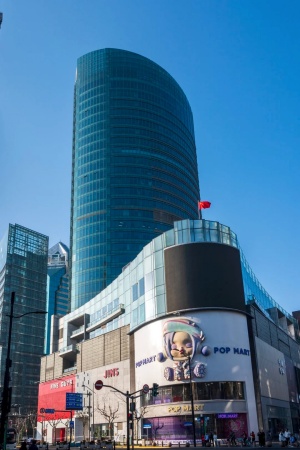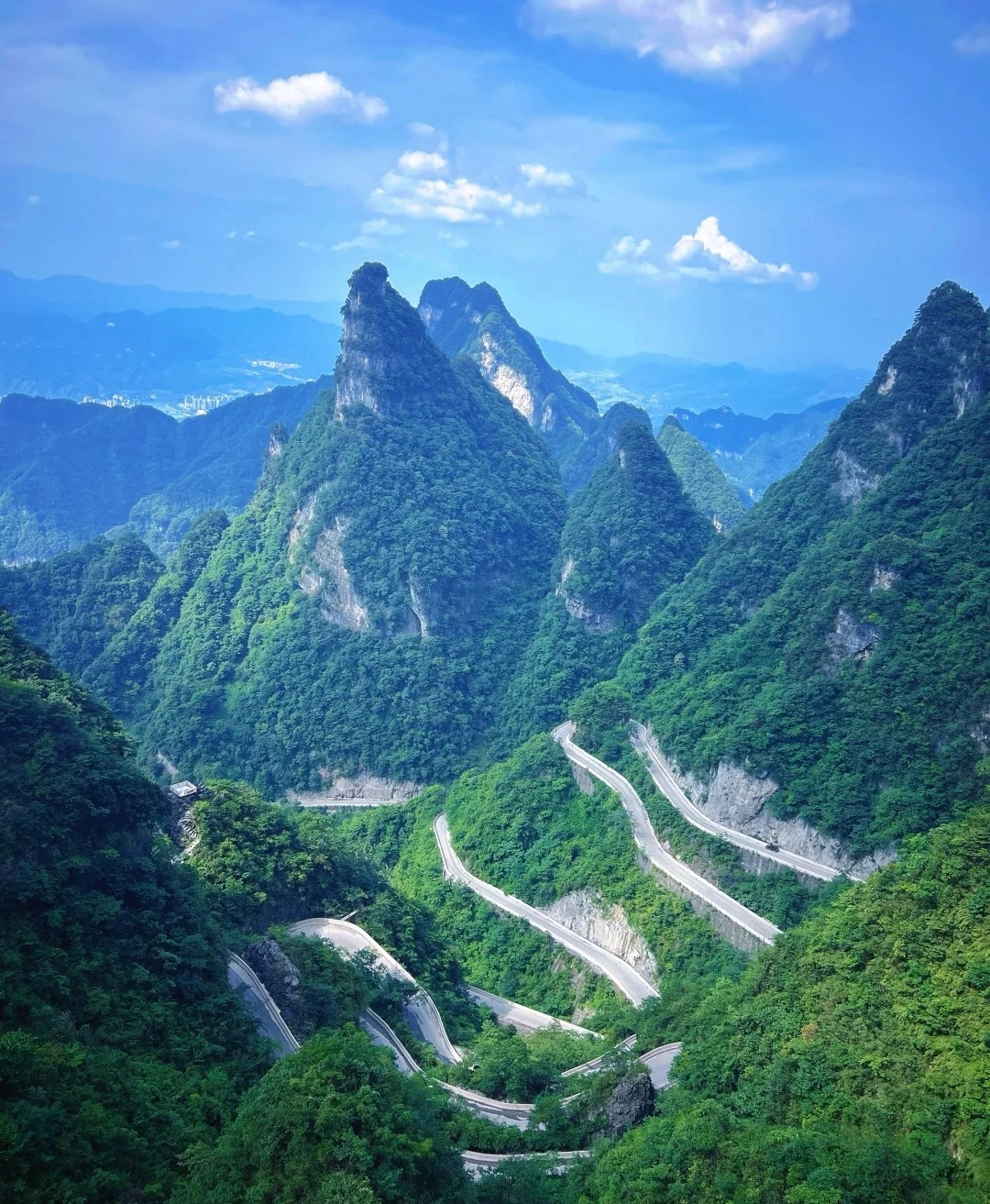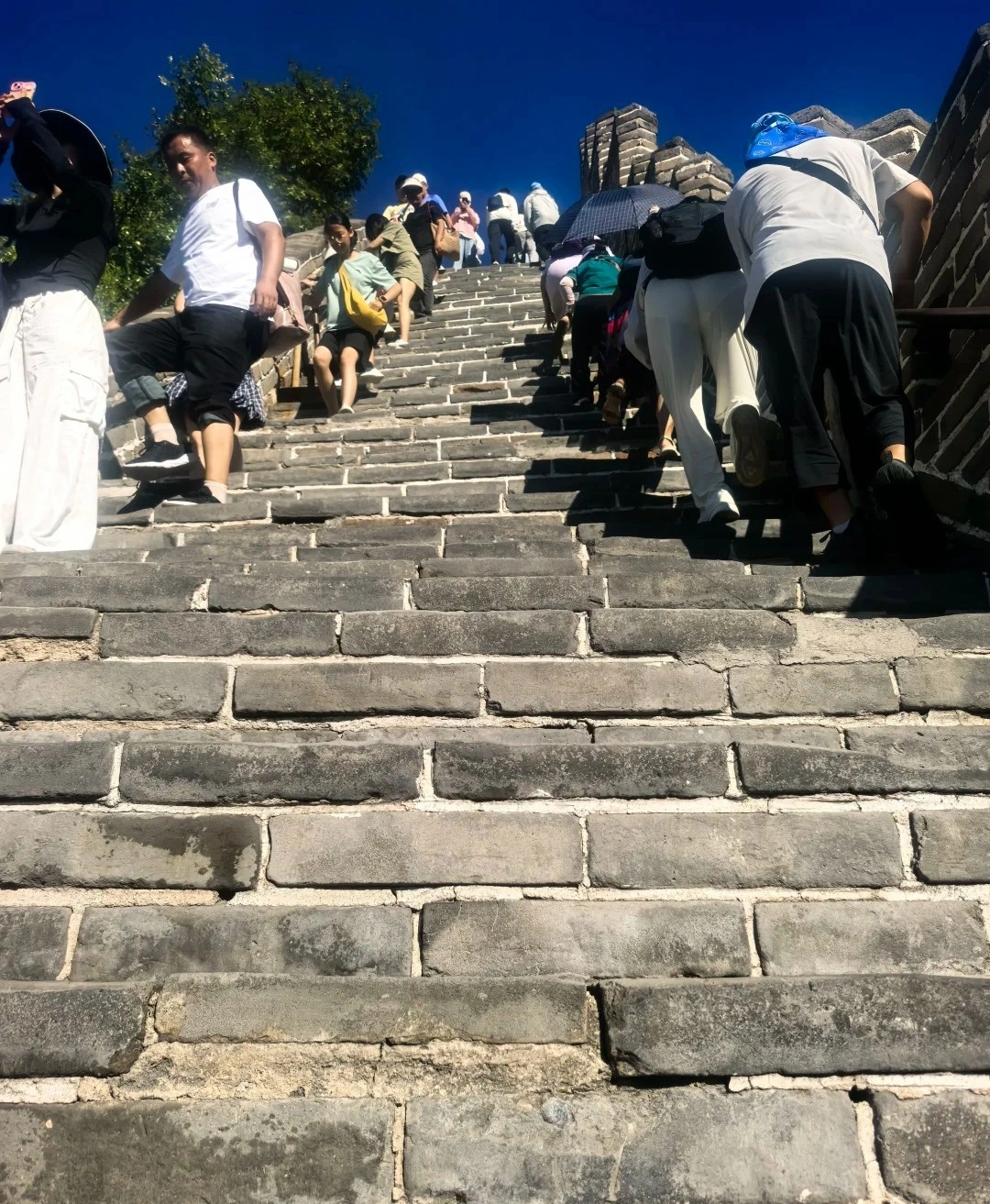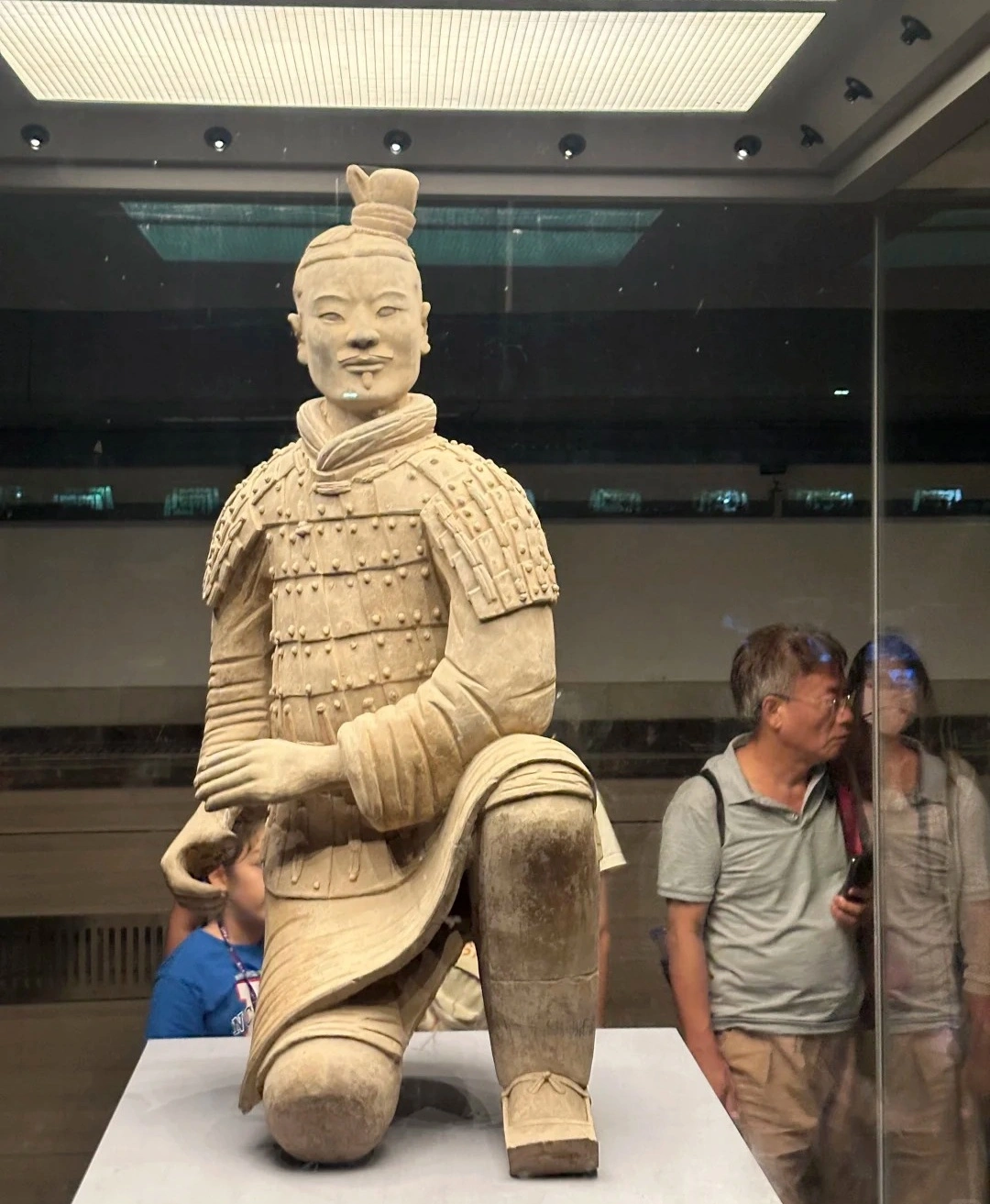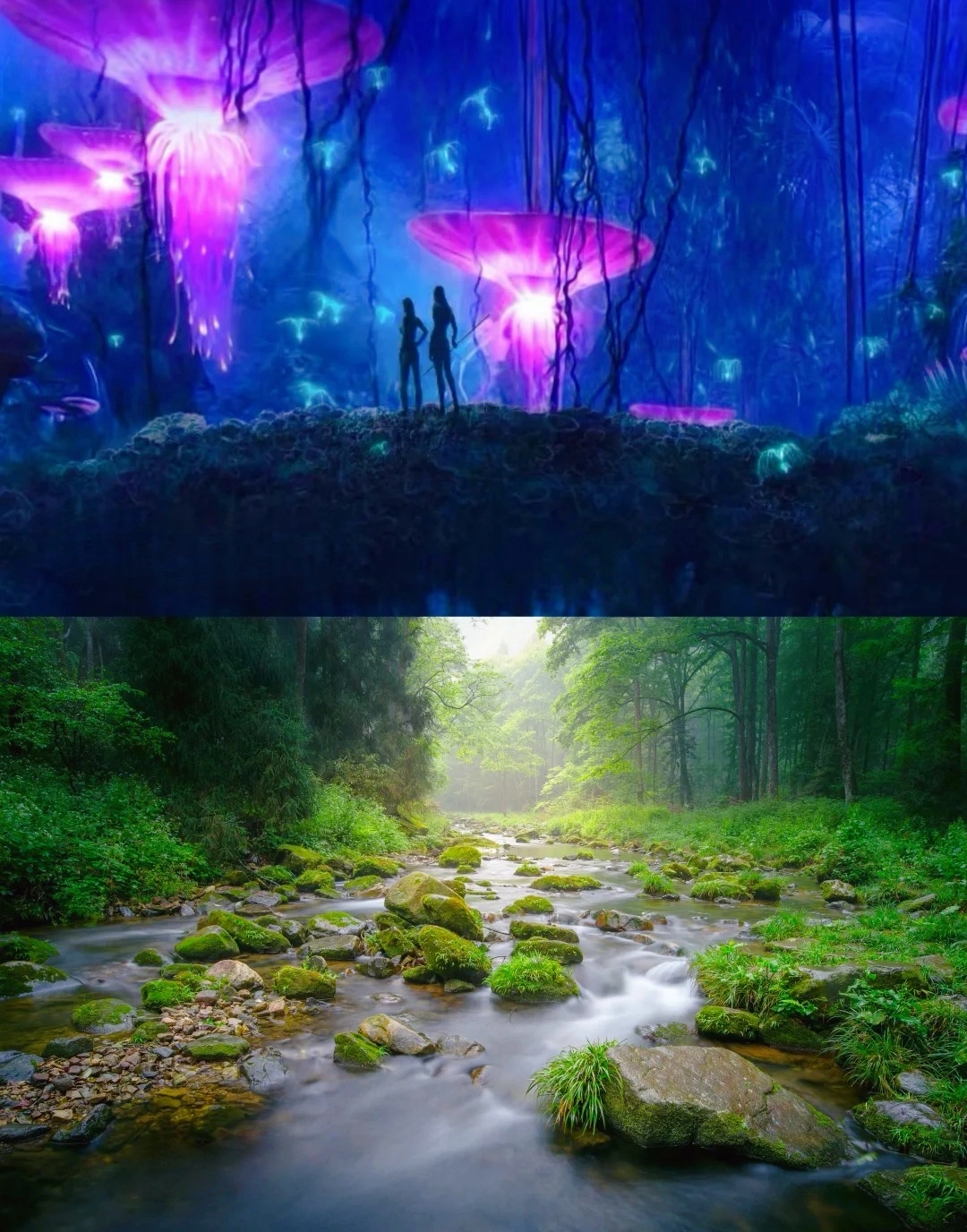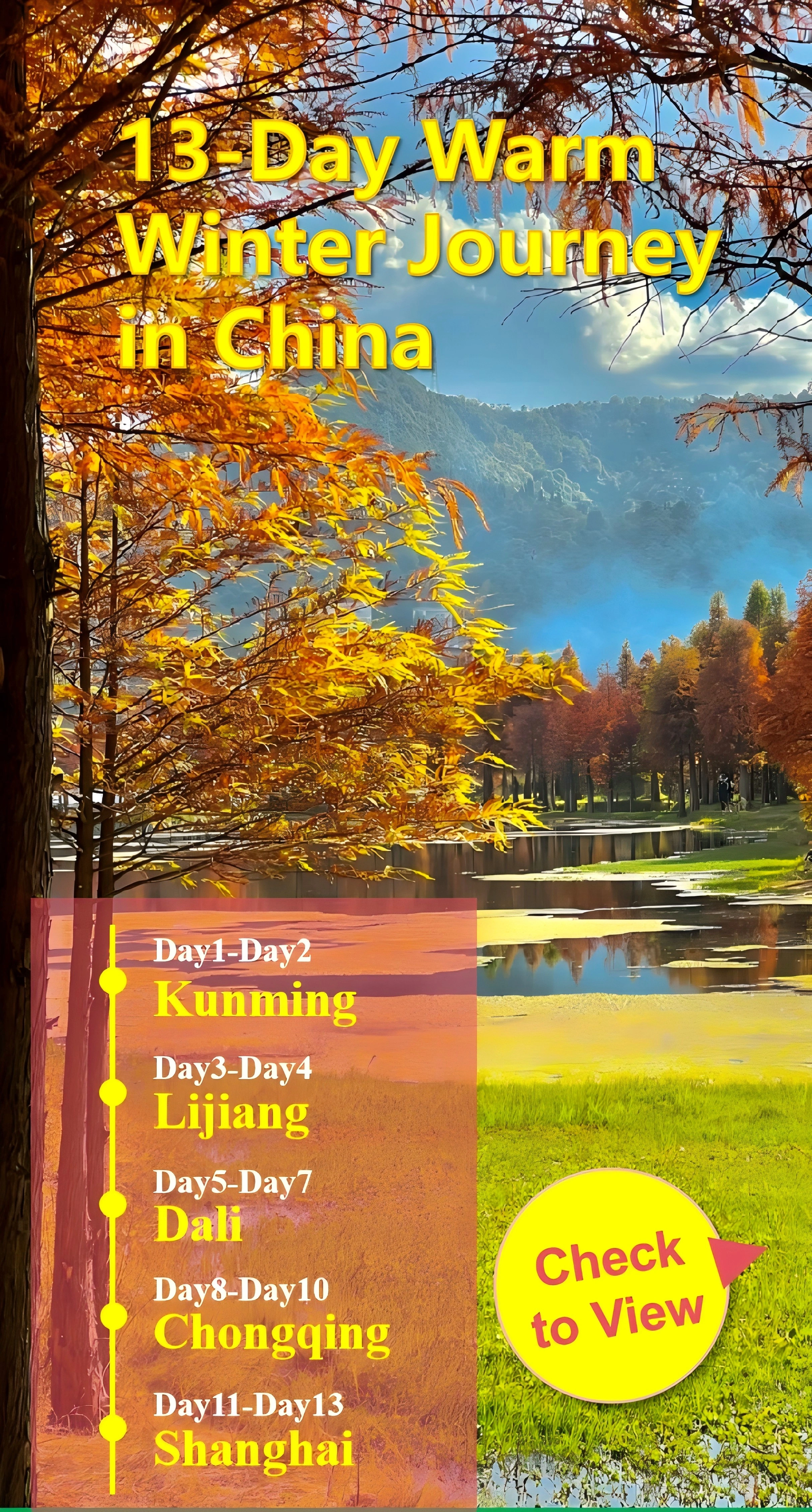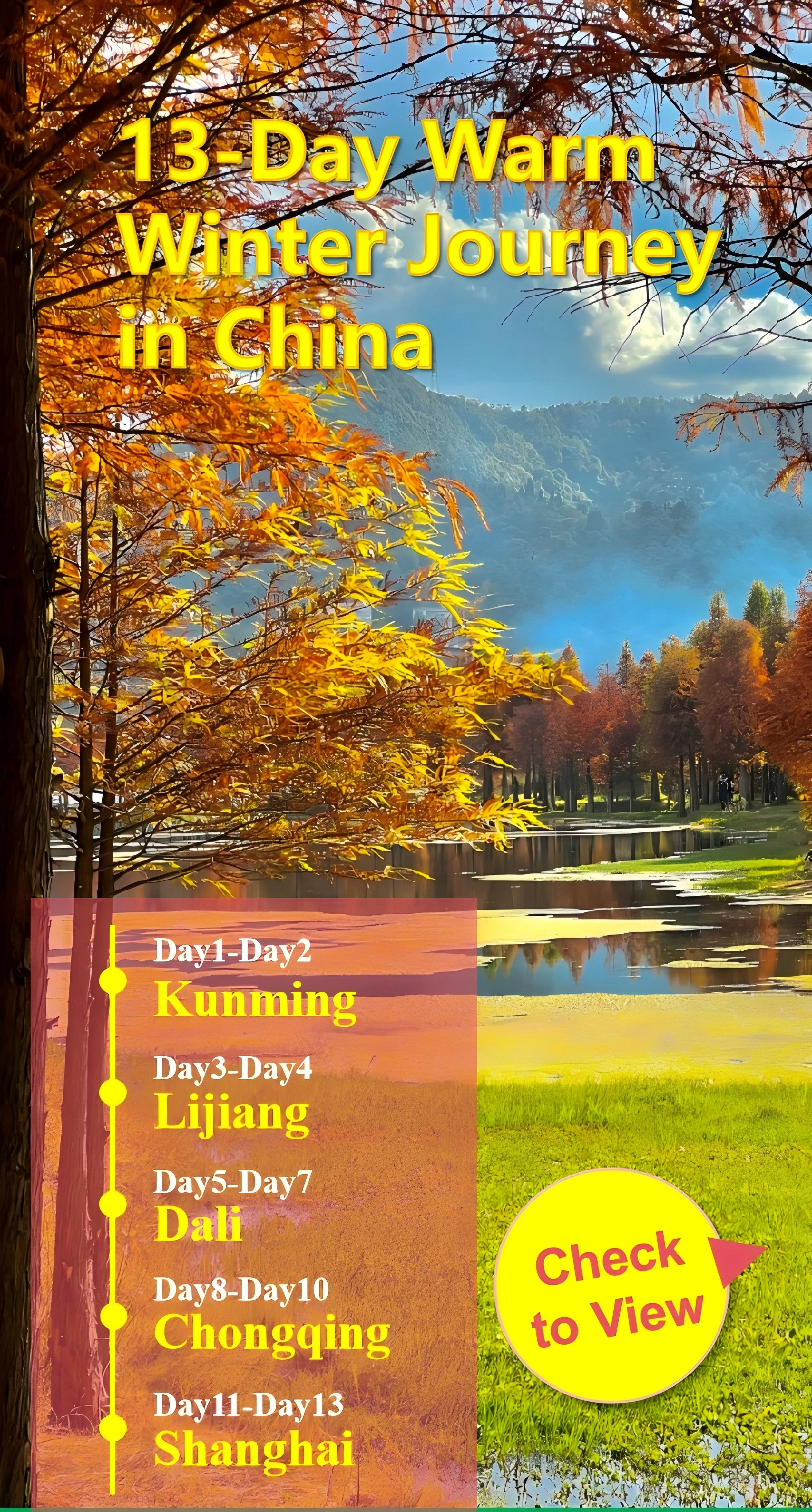A 14-Day Silk Road Odyssey: Xi'an to Kashgar Through Dunhuang, Jiayuguan & Urumqi
This is not just a trip—it’s a time machine. For 14 days, we’ll retrace the ancient Silk Road, from Xi’an’s Terracotta Warriors to Kashgar’s bustling bazaars. Along the way, we’ll ride camels through sand dunes, sleep under star-strewn deserts, and taste the spices that once connected empires. Expect caravanserai tales, Buddhist cave art, and moments where the wind whispers the names of Marco Polo and Zhang Qian.
Day 1-3: Xi’an — Terracotta Warriors & Tang Dynasty Nights
Morning: Arrive in Xi’an and check into Grand Park Xi’an near the city wall. Start at the Terracotta Warriors—arrive by 8am to avoid crowds and marvel at the 8,000-strong army frozen in battle. Pro tip: Hire a licensed guide (avoid freelancers outside) to decode the soldiers’ hairstyles and armor.
Afternoon: Cycle the Xi’an City Wall—rent a bike ($5) and pedal past drum towers and lotus ponds. Stop at Gao Family Courtyard for Yangrou Paomo (lamb stew with unleavened bread), a 1,000-year-old recipe.
Evening: Wander the Muslim Quarter—follow the smell of roujiamo (spicy lamb burgers) to Wang Kui. End with a Tang Dynasty Show at Shaanxi Opera House, where dancers in silk gowns reenact imperial banquets.
Avoid: “Authentic” jade near the Bell Tower—real jade is cold to the touch, not warm.
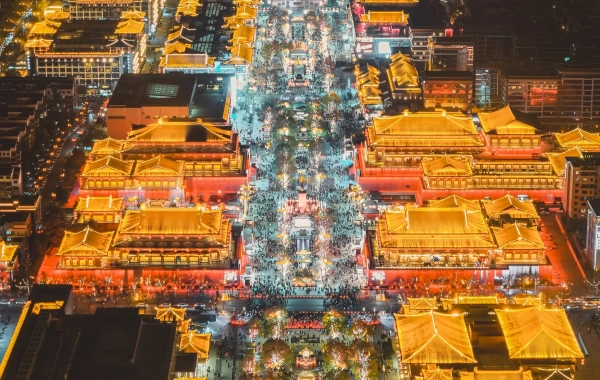
Day 4-5: Dunhuang — Caves, Dunes & Desert Stars
Morning: Fly to Dunhuang (2.5hrs). Check into Silk Road Dunhuang Hotel—a desert oasis with camel-shaped lamps. Head straight to the Mogao Caves—book a morning tour to see the Buddhist murals and statues that once guided pilgrims.
Afternoon: Ride camels to Singing Sand Dunes—climb to the top for views of Crescent Moon Lake, a turquoise oasis in the desert. At sunset, try sandboarding down the dunes.
Evening: Dinner at Shazhou Night Market for lamian (hand-pulled noodles) and kumis (fermented mare’s milk). Sleep under the stars at a desert camp—listen to Uyghur musicians play the dutar while sipping sweet tea.
Pro Tip: Bring a scarf—the desert sand is unforgiving.
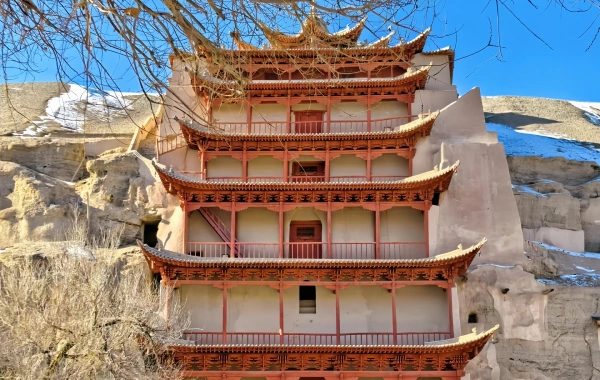
Day 6-7: Jiayuguan — The Western End of The Great Wall
Morning: High-speed train to Jiayuguan (5hrs). Check into Jiayuguan Hotel and drive to the Jiayuguan Pass—the “Throat of the Silk Road,” where the Great Wall meets the desert. Climb the ramparts and imagine caravans of silk and spices passing below.
Afternoon: Visit the Overhanging Great Wall—a crumbling section where the wall clings to cliffs like a dragon’s tail. Pack a picnic of naan and dried apricots from the local market.
Evening: Dinner at Xiguang Restaurant for da pan ji (spicy chicken stew with potatoes and noodles). End with a Uyghur dance performance at the hotel—the twirling skirts and hand drums will leave you breathless.
Warning: Avoid “free tea” offers near the pass—they’ll charge you $20 for a pot of chrysanthemum.
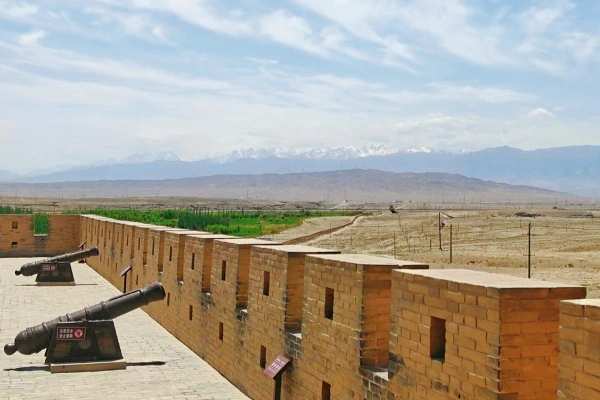
Day 8-9: Urumqi — Uyghur Culture & Tian Shan Mountains
Morning: Fly to Urumqi (1.5hrs). Check into Hilton Urumqi—a modern hotel with views of the Tian Shan Mountains. Start at the Xinjiang Regional Museum—see the “Loulan Beauty” mummy, a 4,000-year-old woman with red hair.
Afternoon: Explore the International Bazaar—a labyrinth of stalls selling doppa hats, kazan (Uyghur bread), and samsa (meat-filled pastries). Don’t miss Shule Kebab House for lamb skewers grilled over apricot wood.
Evening: Take a cable car to the Tian Shan Mountains—hike through alpine meadows dotted with yaks. At night, sip mulberry wine at Tian Shan Winery and watch the sunset paint the peaks pink.
Pro Tip: Carry po chai pills—the spices here are serious.
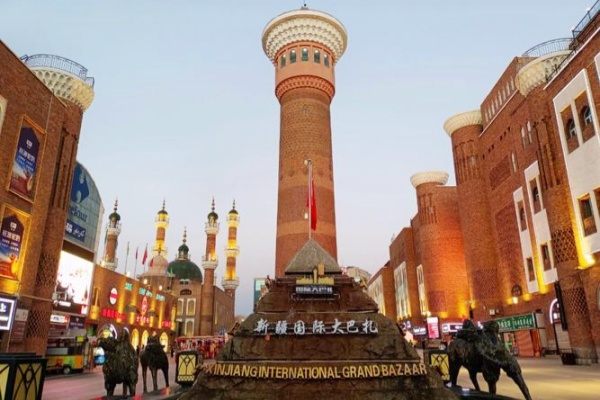
Day 10-14: Kashgar — Bazaars, Tea Houses & Ancient Customs
Morning: High-speed train to Kashgar (12hrs—book a sleeper car!). Check into Kashgar Old Town Inn—a restored Uyghur mansion with carved wooden balconies.
Afternoon: Get lost in the Kashgar Old Town—a maze of cobblestone streets where children play around takht (raised platforms) and elders sip tea. Visit the Id Kah Mosque—the largest in Xinjiang, with a courtyard of marble pillars.
Evening: Sunday Bazaar—the Silk Road’s last great market. Haggle for silk scarves, dried figs, and Uyghur knives. At night, attend a wedding celebration—join the dancing, clap to the dutar, and eat polo (rice with lamb and carrots).
Final Tip: Respect local customs—remove shoes before entering homes, and never point the sole of your foot at someone.
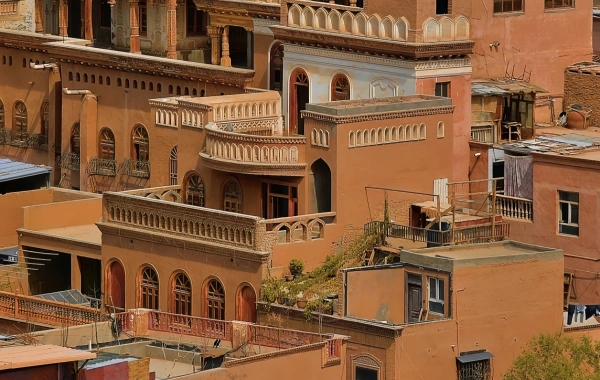
Contact Us
What Our Clients Say?
Based on 10,000+ traveler reviews
